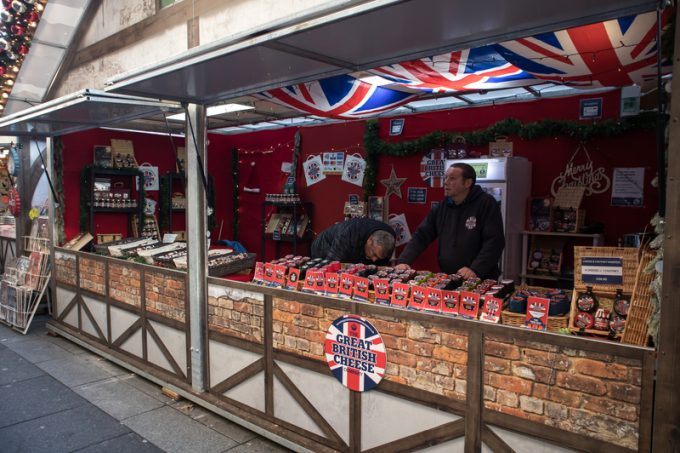GXO cleared to complete £960m Wincanton purchase
Pure-play contract logistics operator GXO has finally won clearance from UK competition regulators for its ...

Secretary of state for the Department of Environment, Food & Rural Affairs (Defra) George Eustice has acknowledged that post-Brexit realities have placed SMEs in an unenviable position.
He told the Environmental, Food and Rural Affairs Committee the costs of leaving the single market, including for export ...

Comment on this article
Jonathan Ward
March 30, 2021 at 2:33 pmWhat changes were announced on the 3rd Feb and what difference do they make?
Alex Lennane
March 31, 2021 at 9:55 amThat’s exactly the same question we have – we are trying to find out!